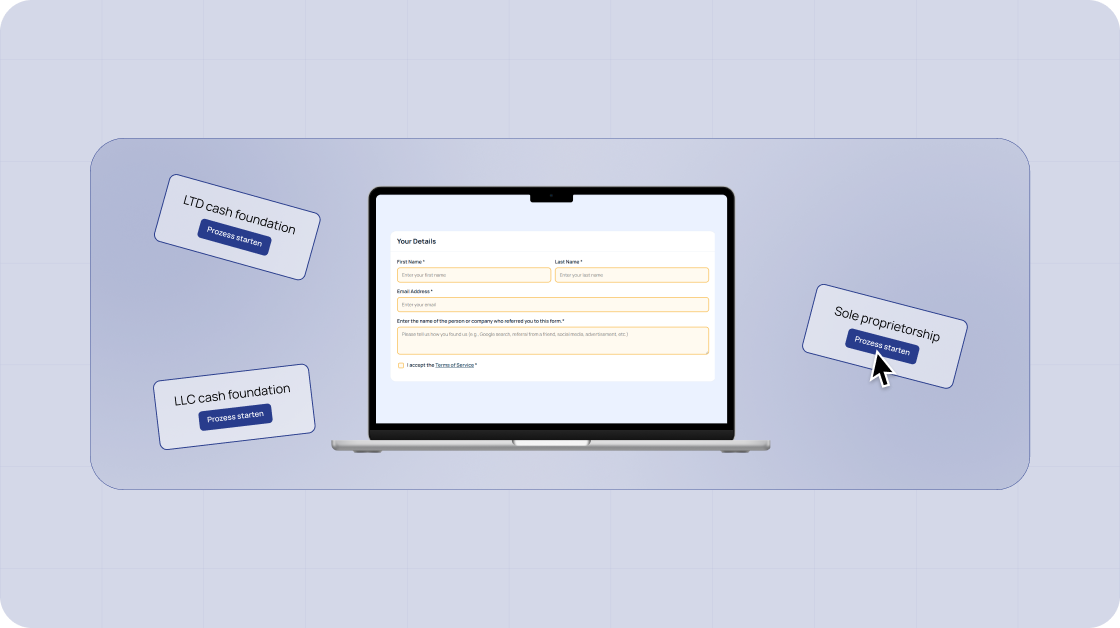Swiss VAT liability
In principle, any private person or company that carries out a commercial or professionally independent activity is subject to VAT. Even though there are exceptions for lower rates, the standard tax rate is 8.1%, and input tax can be deducted from this.
Who is subject to VAT?
Anyone “operating a company regardless of legal form, purpose and intent to make a profit” is subject to VAT in Switzerland in accordance with Article 10 (1) of the VAT Act. This article includes private individuals or sole proprietorships, as well as companies, such as an AG or GmbH.
Already loose associations such as working groups can even become taxable if they operate a company, as the VAT liability is independent of the legal form.
Furthermore, Article 10 (1) bis (a) of the VAT Act specifies a company as someone who “independently carries out a professional or commercial activity aimed at the sustainable generation of income from benefits. ”
corporate governance
As a result, anyone who conducts a transaction aimed at generating income by providing a service is subject to VAT. For example, a kiosk is subject to VAT because it charges a fee for the goods sold.
For the VAT obligation to exist, it is sufficient that the business activity is based on income. However, there is no need for actual revenue to be generated. Even a start-up company that is not yet generating any income, such as a start-up, may be subject to VAT.
Holding, managing and selling equity securities to companies is also considered an entrepreneurial activity.
Public appearance
As an additional condition, VAT liability requires a “public appearance in one's own name” (Art. 1 (1b) (b) VAT Act).
The company must therefore appear as such to the public in order to incur tax liability. This is the case, for example, when a restaurant is run or when a company has its own website on which it advertises its services.
Exemption from VAT
There are various exemptions from VAT liability. On the one hand, the obligation only occurs after a certain turnover or a certain tax amount, and on the other hand, certain activities are excluded from VAT.
VAT exemption
Anyone with an annual turnover of less than CHF 100,000 at home and abroad is generally exempt from VAT liability. Provided that the turnover does not come from services that are exempt from tax liability anyway.
Foreign companies that provide tax-free services domestically are also exempt from tax, regardless of turnover. Non-profit, voluntary sports or cultural associations are exempt from tax liability if their annual turnover is less than CHF 250,000 (formerly CHF 150,000).
Can VAT be paid voluntarily?
Can VAT be paid voluntarily? Yes, it is possible! — The VAT Act provides for the option of waiving the exemption from tax liability. This can happen, for example, if a company's customers are subject to VAT and would like to claim input tax deduction later on. Voluntary submission to VAT liability ensures that the tax burden lies with the end consumer.
The waiver also makes sense from a tax perspective if high pre-tax expenditure is incurred during the start-up phase or if services as exports are tax-exempt.
The waiver of the exemption must be applied for and be valid for at least an entire tax period.
Exemptions from VAT liability
In addition to sales and tax limits, there is an extensive list of services that are exempt from VAT. Article 21 of the VAT Act conclusively states which services are not subject to VAT.
Examples of exceptions include doctors' services and admission prices to zoos. Whether a newly founded company falls under an exception or exemption must be examined on a case-by-case basis. There is no need to pay value added tax on these services, but no input tax deduction is also possible (Article 29 (1) of the VAT Act).
Waiver of input tax exemption
It is possible to choose voluntary taxation of exempt benefits in order to be able to deduct input tax. For this reason, in Article 22 of the VAT Act, the legislator has provided for the option of taxing exempted benefits optionally.
No specific request is required to exercise this option. Rather, it is sufficient for the taxpayer to disclose the tax openly in his statements.
Do you have any questions? **The experts from MKY Group will be happy to provide you with their comprehensive expertise. **
Disclaimer: The content of this blog post is for informational purposes only and does not constitute professional advice. Each individual case should be reviewed individually and we recommend that you seek professional advice for specific questions.








